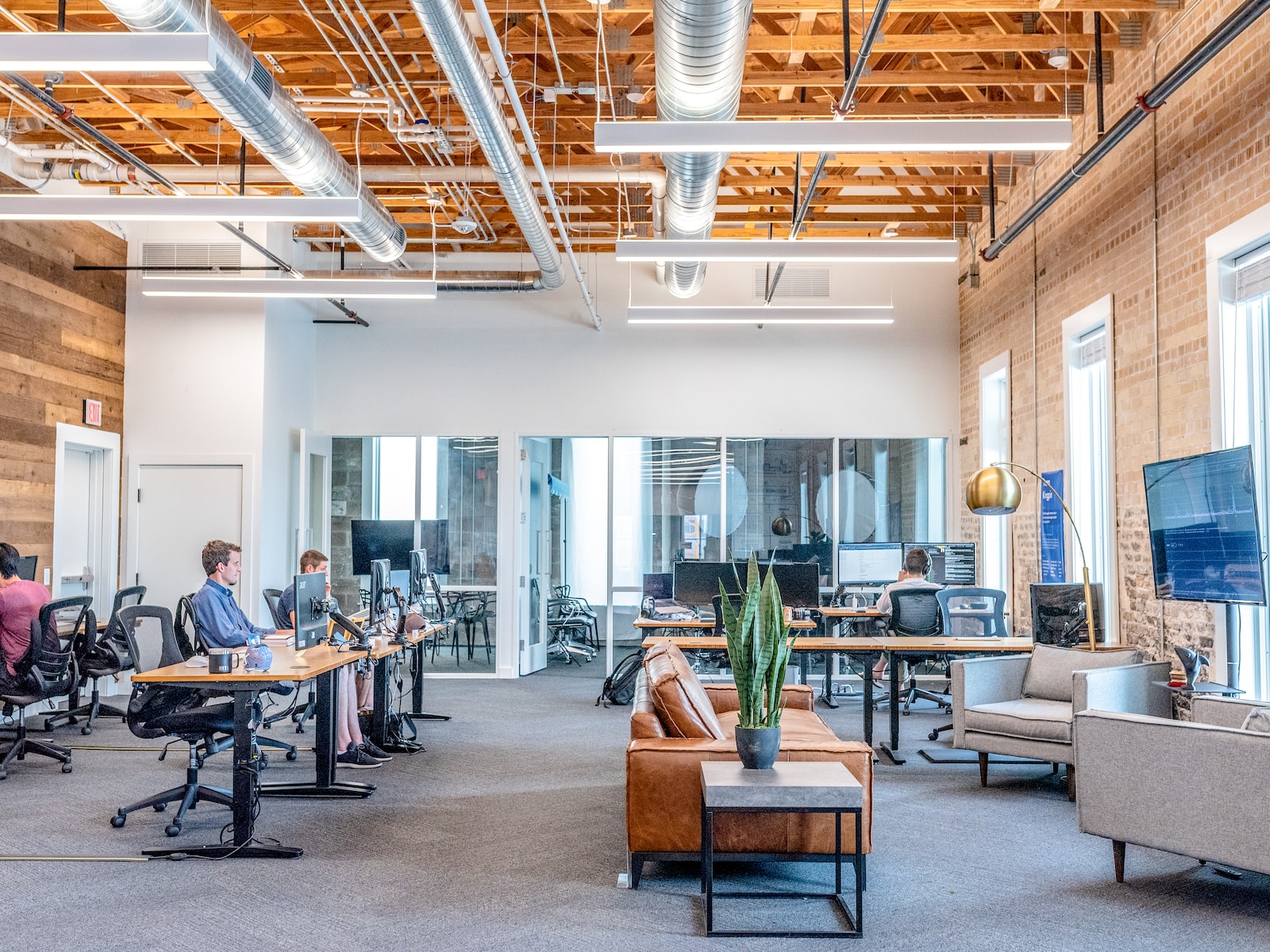
Tech Hub – Marijuana Hub? Most likely
A recent study conducted by the University of Michigan found that more than a third of software programmers choose to use cannabis at work. The top 5 areas with the most tech employees are SF Bay Area, NYC, DC, LA and Seattle with an estimated 1.4 million (with or without a layoff or two). Marijuana is more than plentiful in these areas, with NYC currently having over 1500 unlicensed stores, California and Washington being legal recreational states, and DC, well, knowing that you can buy anything in this area. Some promoters say Atlanta, Boston, Austin, Raleigh, and Denver are the true hubs—but they employ about 41% of the top 5. Of those, Atlanta, Raleigh, and Austin are in states that don’t have leisure time.
The top 5 states have younger populations and a wide range of activities, including diverse food, vibrant nightlife, and entertainment options like climbing gyms, outdoor activities, and multiple music options.
One Seattle tech, who asked not to be named, shared: “I would probably attribute it to the high level of usage in the tech industry, which makes them quickly adapt. Also, some weed strains have the effect of hyperfocusing – they tend to make connections between things really well (sometimes connections that don’t exist), plus it gives you a childlike focus where you can forget about anything that doesn’t exist. As adults, that doesn’t really happen.”
RELATED: Afraid of having to return to the office? Marijuana or CBD might help
Photo courtesy of MedMen
The study found that while some coders regularly use cannabis while programming (18% of our sample do so at least once a month), many choose to use cannabis for both personal and work-related projects. Additionally, they found that cannabis use in programming is primarily motivated by perceived improvement in programming-related skills and increased enjoyment, rather than medical reasons. Finally, it was found that programmers, managers, and students use cannabis at similar rates while programming, despite differences in cannabis perception and visibility.
Such cannabis use, however, conflicts with anti-drug policies currently being enacted for many software engineering jobs: 29% of respondents said they took a drug test for a programming-related job, a hiring practice that has drained the application pools by developers. Therefore, the findings have implications for programming workplaces that currently have anti-drug policies and motivate future research on the effects of cannabis use during programming.
RELATED: New study on marijuana and the creative/programmer set
The federal government, the nation’s largest employer, is the largest enforcer of drug testing and workplace discrimination related to marijuana — even in legal states. But now it’s also a form of relaxation in drug screening regulations as agencies struggle to replenish the ranks of a rapidly aging workforce in a tight job market. Agencies like the CIA and FBI have introduced more lenient rules regarding past marijuana use by job applicants, officials admit. But if you’re a programmer who wants to consume, then why take a job that says no, pays less, offers few benefits, and offers no potential stock options?

Post a comment: